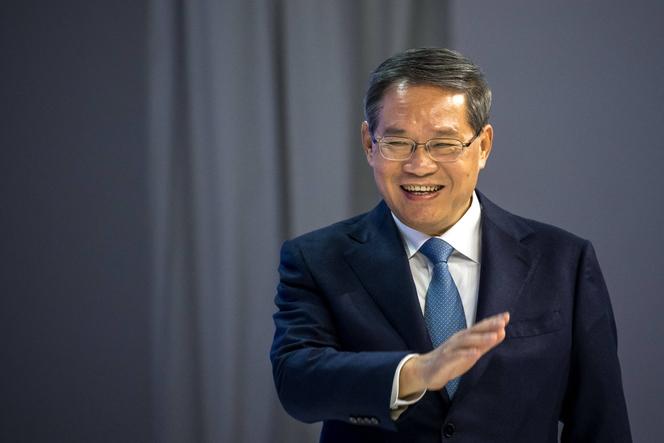


Chinese Premier Li Qiang has been hammering home the message for the past year: "China is open for business." After abandoning the ultra-strict zero Covid policy and reopening its borders in January 2023, the message was a necessary one. However, when Li, accompanied by a delegation of 150 Chinese politicians and business leaders, delivered the message at Davos a year later, it seemed a little desperate. In the intervening period, China's hopes of a rapid economic recovery have been dashed and many sectors are in crisis.
Foreign direct investment (FDI) in China fell in 2023 for the first time in the 25 years that it has been measured. Beijing is therefore stepping up its gestures of openness, exemplified by the decision made three months ago to unilaterally offer 15-day visa-free entry to citizens from 11 Asian and European countries, including France. This move came as a pleasant surprise to the business community.
Examples of this post-Covid strategy of openness are abound. In November 2023, President Xi Jinping traveled to San Fransisco to participate in an Asia-Pacific Economic Cooperation (APEC) forum meeting and meet with Joe Biden to signal an easing of relations with the US. After years of tension, China agreed to a rapprochement with Australia, and, in October 2023, released an Australian journalist who had been detained for three years.
Similarly, despite the election in Taiwan of a fiercely pro-sovereignty candidate, Beijing's reaction has so far been muted. "In 2023, the orientation of Chinese diplomacy towards the West, and towards the US in particular, clearly improved," explained Victor Shih, an expert in the relationship between power and economics in China and a professor at the University of San Diego, California. "I've just come back from a conference in Washington, and I've heard from a lot of people who feel we have a window of goodwill right now."
This is all in contrast with the Covid years, marked by closed borders and a virtual absence of Chinese diplomacy. In 2020 and 2021, Xi didn't leave the country. At the end of the pandemic, his first visits were first to countries in the Global South, having visited Kazakhstan and then Bali for a G20 meeting in late 2022. He eventually visited Moscow in March 2023.
Furthermore, accused by the international community of playing a role in the outbreak of the pandemic, China reacted by stepping up its efforts to defend its innocence, even if that meant disseminating false information via its "warrior wolf" diplomats. "There was a certain arrogance in saying, 'We did better out of Covid than you did.' But with the end of zero-Covid overnight, and then the very negative economic indicators, the discourse has been toned down," noted Agatha Kratz, director at the Rhodium Group, an American research center.
You have 40% of this article left to read. The rest is for subscribers only.
